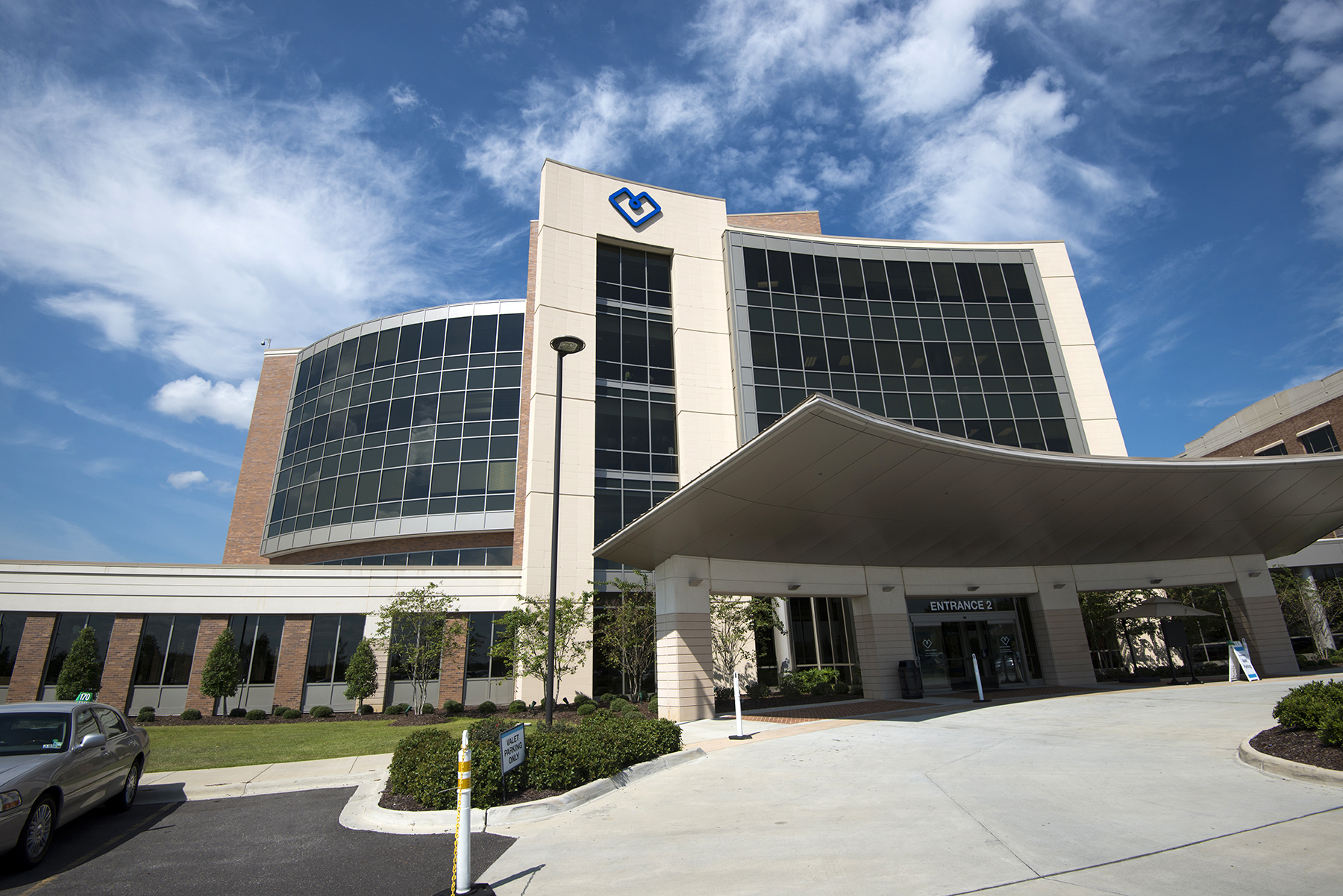Screening & Prevention
Colorectal Screenings & Prevention
According to the American Cancer Society, colon cancer is the second leading cause of cancer deaths in the US and only 4 out of 10 people will detect it early.
If you are 45 or older, talk with your primary care physician about scheduling a colorectal screening. A regular screening can often prevent colorectal cancer by finding and removing polyps before they develop into cancer.
Stool-Based Tests:
This is the only stool DNA test approved by the FDA for colorectal cancer screening. Done every 3 years, Cologuard® is used to detect altered DNA in the stool that could indicate the presence of cancer or polyps. Each kit comes with a prepaid label to easily ship back to the lab.
- Where do I get the test? Your primary care physician can order a Cologuard test kit and have it shipped it to your home.
- If your test is positive, your doctor will refer you to a gastroenterologist for a colonoscopy.
FOBT/FIT is a test done at home and is used to detect blood in the stool that could indicate the presence of cancer or polyps. The test can give false-positive results due to other conditions like hemorrhoids.
- Where do I get the test? Your primary care physician can provide a FIT and FOBT test.
- If your test is positive, your doctor will refer you to a gastroenterologist for a colonoscopy.
Most health insurance plans cover the cost of colorectal screening. However, if the results of the screening show you need more tests or treatment, you may need to pay a deductible and co-pay, as you would for other medical care. Talk to your health insurance company to learn how your screening is covered.
Visual Tests:
Colonoscopy
A colonoscopy is the most common and comprehensive colorectal cancer screening.
- How It’s Performed: Your doctor uses a flexible tube with a small camera to examine the entire length of your colon and rectum while you are sedated.
- Follow-Up: If polyps are found, they can often be removed during the test and will then be biopsied. If no abnormalities are found, you will be instructed to return for another screening every 10 years.
A Flexible Sigmoidoscopy is similar to a colonoscopy but doesn’t look at the entire length of the colon and typically does not involve sedation. If abnormalities are found, you will be recommended to have a colonoscopy.
Also referred to as a virtual colonoscopy, you’ll still have to do a bowel prep but will not be sedated during the test.
- How It’s Performed: Air is pumped into the rectum and colon and then a CT scan will take images so the doctor can look for polyps or cancer.
- Follow-Up: If abnormalities are found, you will be recommended to have a colonoscopy.
Prevention
In addition to regular screenings, here are some ways you can lower your chance of colorectal cancer:
- Maintain a healthy, high-fiber diet
- Stay active
- Stay hydrated
- Keep stress under control/ manage anxiety
- Stop smoking
- Maintain a healthy weight
- Limit the consumption of alcoholic beverages
- Check your medications. Certain medicine or the combination of pills can cause constipation, nausea, diarrhea
- Know your family history
Related Classes & Events
Breast Care
Breast Cancer Support Group
Wednesday, May 14
5:30 PM - 6:30 PM
Baton Rouge General - Bluebonnet
View event detailsGastroenterology
IBD Support Group
Thursday, May 15
5:30 PM - 6:30 PM
Baton Rouge General - Bluebonnet
View event details


